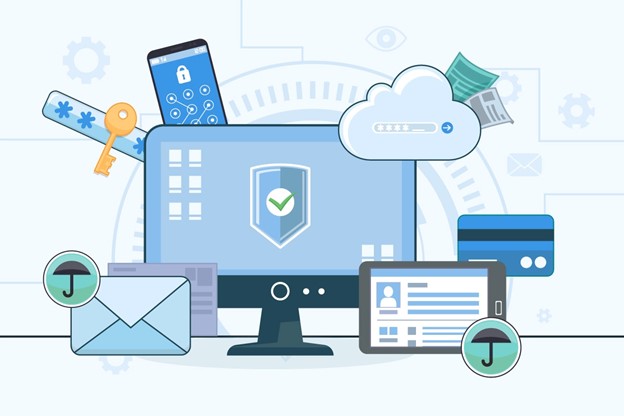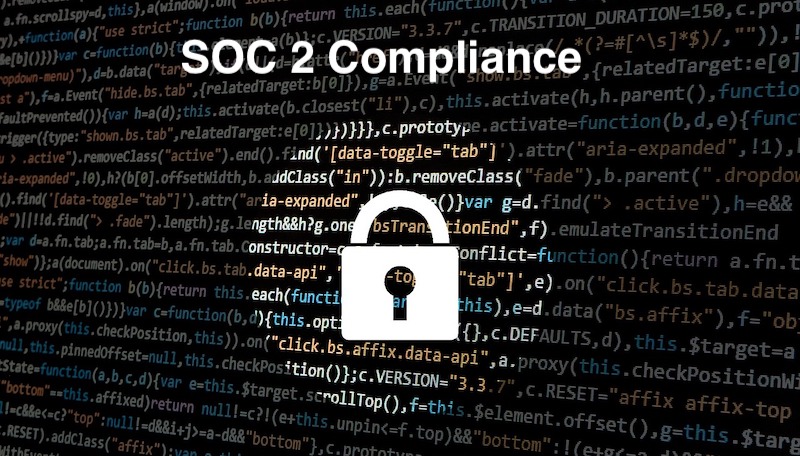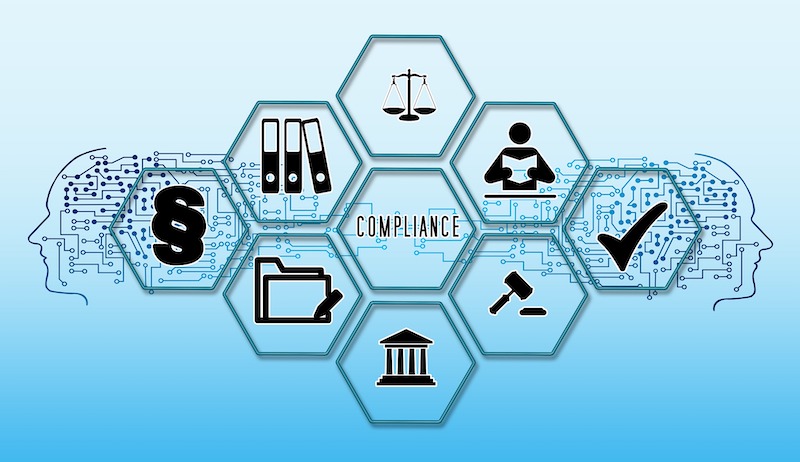
Business email compromise (BEC) scams are a type of fraud in which attackers gain access to an email account belonging to an individual who has control over financials and use it to scam the company or its clients out of money. Scammers use phishing or social engineering tactics to trick victims into entering email credentials on a fake login page.









